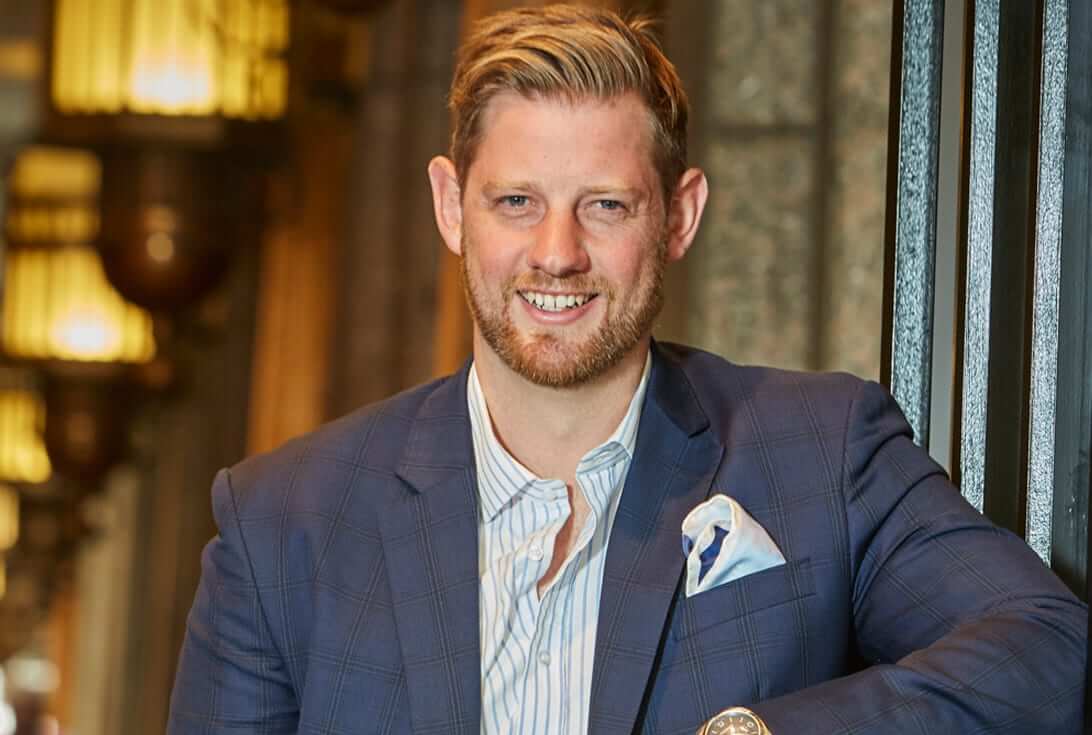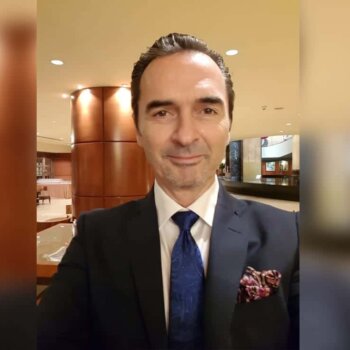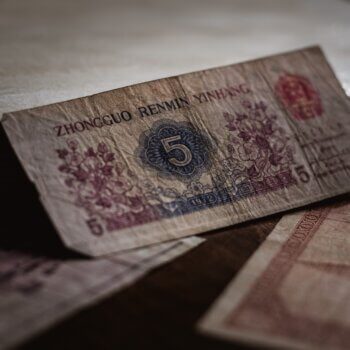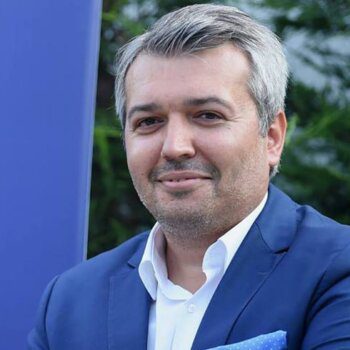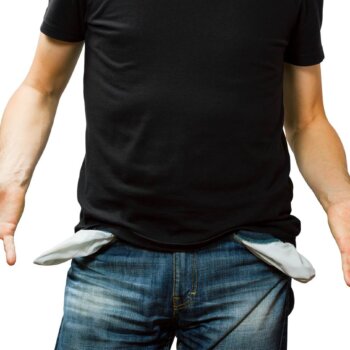As the Investment Director at MAI Capital, Tom’s main focus is on investments in post farm gate agriculture and health.
What’s your story?
I grew up in a small country town called Paynesville in Australia and spent a lot of time reading and asking questions of people smarter than me. I moved to Melbourne to a range of small businesses while finishing high school and studying at Monash, became a professional scuba diver before ending up working in banking and finance. After a few years, I joined a start-up called Crosstivity where I was charged with building out the offering and sales focus. Following this, I met Michael Mai, who’s CEO of Mai Group, we hit it off and have worked together ever since.
What is your involvement with Investment?
My current role is Investment Director at MAI Capital, which is part of MAI Group. We invest between $1-$5M AUD into Australian businesses with a focus on post farm gate agriculture (with a tech flavor) and health.
How did that come about?
I was fortunate to meet Michael Mai and soon realised that he has a great passion on bringing out the best in his employees and their professional growth. He also has an inspiring vision around how to build and improve the relationship between Australia and China. In the course of our professional relationship we have become great friends and we continue to learn a lot from each other.
What are some of the key things you have learnt about Investing?
Sometimes choosing not to invest is a bigger decision than investing!
What mistakes do you see less experienced investors making?
Waiting for someone else to set the terms or investing because someone else has invested. It is also important for people to develop their own investment thesis and approach to risk.
What mistakes do you see Entrepreneurs making?
Entrepreneurs need to make sure that their customers are always top of mind. Too often I see entrepreneurs not thinking enough about who their customer is and failing to build a real solution that solves the customer’s problems. It is also essential to be able to simply explain what your business is, and its value ad.
What’s the best piece of advice you ever received?
Reflect on the past. If you always look to the future you can feel like you never make progress.
What advice would you give to those seeking funding?
Look at the mandate of each person you want to approach and make sure that you do your research. Understand how they invest and how they like to engage, do your research. Also pick up the phone or meet face to face with the investor rather than sending a blanket email.
Who inspires you?
Entrepreneurs who bootstrap their business, go out to make a difference and chase their passion. For example, Jack Ma spent years working on the idea that became Alibaba.
What have you just learnt recently that blew you away?
Ancient Roman aqueducts were so advanced that they supplied Rome with more than 230 million gallons of running water each day.
What business book do you recommend the most?
Tipping point by Malcolm Gladwell – it gives a great foundation for understanding trends, sales and an approach to thinking. Another is Legacy by James Kerr about the New Zealand Rugby team, the All Blacks
Shameless plug for your business/organisation:
Mai Capital and the whole Mai Group have a focus on investing in our people – not to mention our groundbreaking work between Australia and China.
How can people connect with you?
The best way is to find me on LinkedIn or [email protected] with a question and how we can help.
—
This article is part of the World Business Angel Forum media partnership with AsianEntrepreneur.org
If you would like more information about WBAF, please contact Callum Laing WBAF High Commissioner for Singapore. [email protected]
